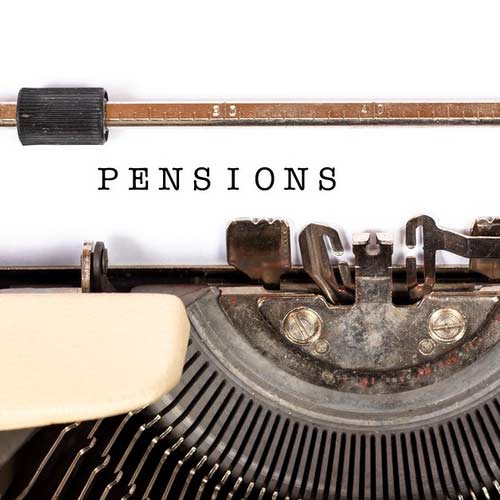Companies are, by law, required to 'enroll' their employees into a pension scheme if the employee is, in general, over 21 and earning £10,000 or more. The employee can however decide to opt out.
As an employer you would have to make (from 2019) a minimum contribution of 3 percent of the salary paid. The employee would have to make up a minimum 2 percent contribution.
If you have incorporated but are the lone director of your company with no employees, then auto-enrolment does not apply.
The current rate of corporation tax is 19 percent. This means for pension contributions made on an employee's behalf by the company, the company will save £19 in tax for every £100 contributed.
It can get complicated as individuals have limits to how much can be contributed per tax year (currently £40,000) before they are taxed on the contribution - as well as a lifetime contribution limit on tax-free contributions.
If you are the director of your own limited company, it would possibly be better to make pension contributions directly via company funds (as long as there is trading income) as the 19 percent saving on tax will be before dividends are paid.
Pensions can be accessed once an individual has reached age 55. Drawings are 25 percent tax-free with the remainder taxed at the individuals marginal rates. The calculation can be tricky so use our pension calculator to see how much tax your likely to pay based on your other income in the year.

